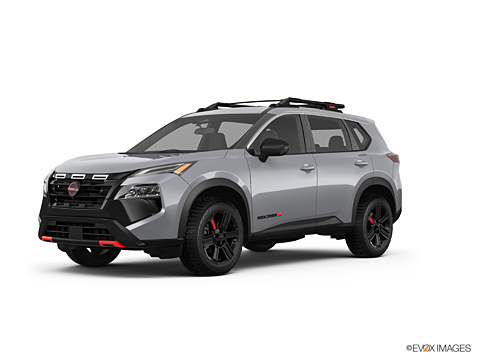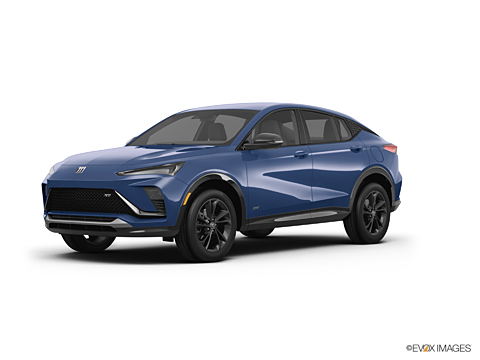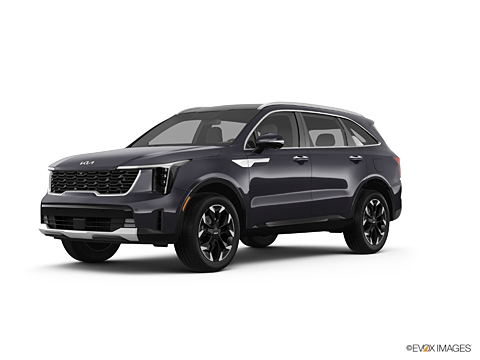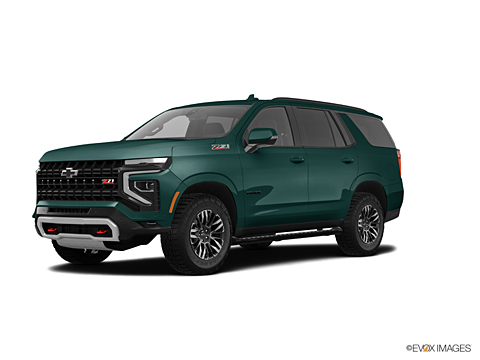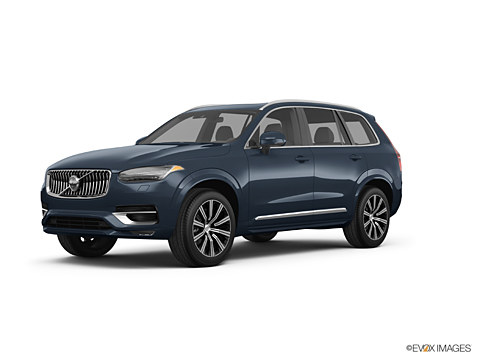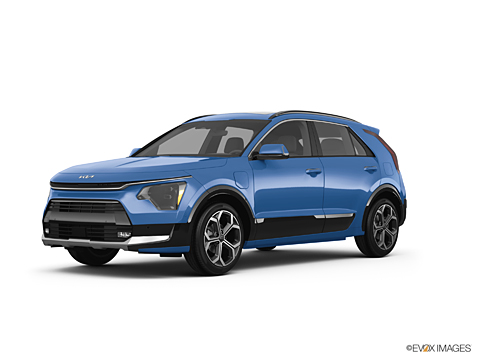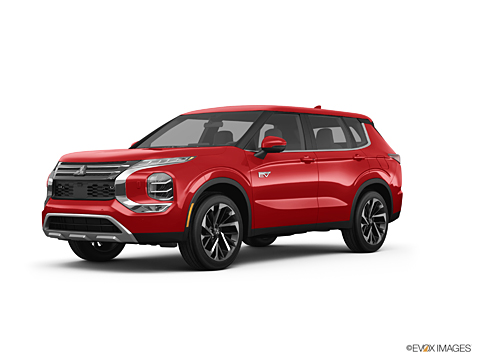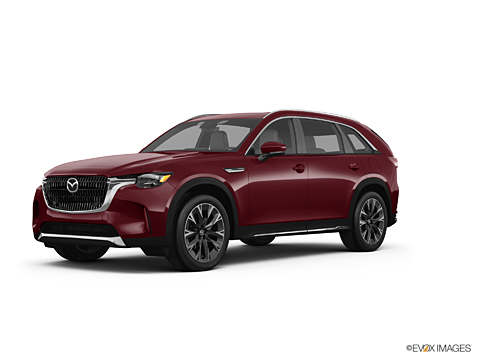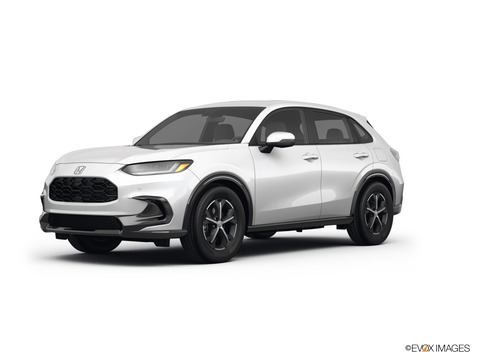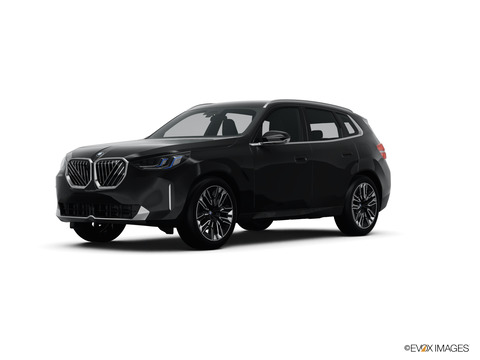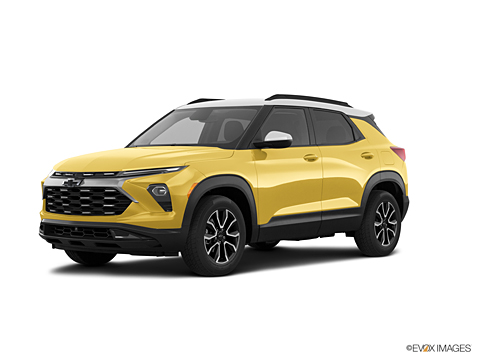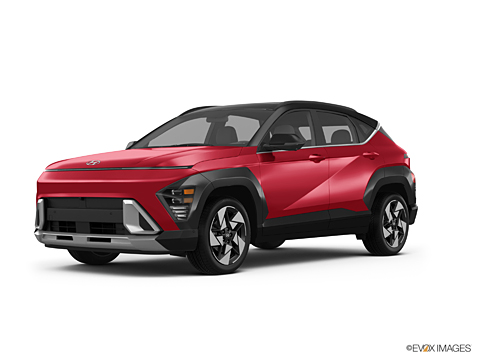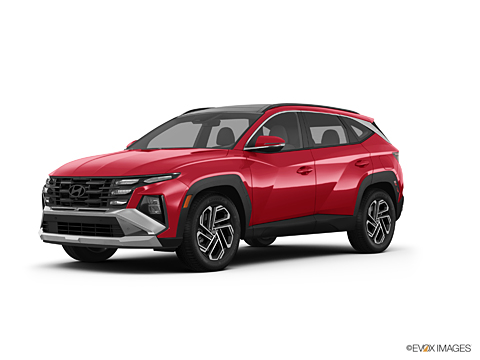
Best Gas Mileage SUVs for 2025
Our analysis of the SUVs with the best gas mileage ranks them based on the highest mpg and most fuel-efficient drivetrain for each vehicle.
The best gas mileage subcompact SUV is the Nissan Kicks Play (33 combined mpg), with the Nissan Rogue being the best gas mileage small and compact SUV (33 combined mpg). The Kia Sorento ranks #1 for the best gas mileage midsize SUVs (26 combined mpg).
The best gas mileage large SUV is the Chevrolet Tahoe (24 combined mpg) and the best gas mileage crossover SUV is the Nissan Rogue (33 combined mpg). Topping the list for the best gas mileage three-row SUVs is the Volkswagen Tiguan (28 combined mpg), while the Kia Niro Plug-In Hybrid ranks first for the best gas mileage hybrid SUVs (108 combined mpge).
The best gas mileage plug-in hybrid SUV (PHEV) is the Kia Niro Plug-In Hybrid (108 combined mpge).
Fuel economy and SUVs used to be contradictory concepts. But with everything from improved aerodynamic styling to turbo engine technology going through substantial evolution over the past 20 years, today’s SUVs not only offer car-like ride and handling traits, they are also nearly as fuel efficient as traditional sedans. And while small SUVs with four-cylinder engines and front-wheel-drive offer some of the best fuel economy ratings, even midsize and large SUVs with all-wheel drive, a third-row of seats, and substantial cargo space can deliver good fuel economy, often more than 25 mpg.
The most fuel efficient SUVs are plug-in hybrid models which, in the case of the Land Rover Range Rover PHEV, can travel an EPA-estimated 51 miles on its rechargeable battery pack and electric motor before firing up the internal combustion engine. Other plug-in hybrid options include the Lexus NX 450h+, Mitsubishi Outlander PHEV, and Toyota RAV4 Prime, which can all travel over 35 miles on electric power alone, even with standard AWD. Total driving range for these models exceeds 400 miles, with the RAV4 Prime able to go 600 miles on a full tank of gas and fully charged battery.
Keep in mind that when you see the “MPGe” ratings for a plug-in hybrid that number includes the all-electric driving range, which used zero gasoline. You should also consider the fuel economy numbers these PHEV SUVs deliver when the electric range is used up. For instance, the RAV4 Primes MPGe number is 94, but its “MPG” rating after all the electric range is used up is only 38 mpg. Still an impressive figure, and more realistic when you have to drive beyond its electric range without a chance to plug in and charge the battery. You can easily track a PHEVs energy flow and remaining range in the gauge cluster or touchscreen infotainment system.
While they offer the best mpg, plug-in hybrids also have a substantially higher starting price than SUVs with a standard gasoline engine. A popular middle ground are non-plug-in hybrid versions of traditional SUVs, which cost less than PHEVs while still offering excellent fuel economy. Even without the help of a larger, grid-charged battery, a standard hybrid powertrain can improve an SUV’s fuel efficiency by as much as 30 percent. For example, a gasoline powered Honda CR-V with front-wheel drive earns 30 mpg, but the Honda CR-V Hybrid FWD earns 40 mpg. The hybrid version also offers more horsepower and torque than the standard CR-V. Similar bumps can be seen for the Kia Sorento Hybrid, Toyota Highlander Hybrid and Toyota RAV4 Hybrid versus their traditional gasoline counterparts.
If the SUVs listed below still use too much fuel for your tastes, consider going electric. Automakers are aggressively expanding their electric vehicle fleets every model year, with EVs more than doubling their percentage of new car sales in just the past few years. Electric SUVs often include greater connectivity and more standard safety features, but they also cost more and lose a large chunk of their range when towing or tackling aggressive off-road trails. And you’ll have to consider your charging options, both at home and through your local EV charging network.

How We Rank These Cars
The iSeeCars "Best Gas Mileage" lists rank cars, trucks and SUVs based on the highest mpg and most fuel-efficient drivetrain for each vehicle.
Along with the Best Gas Mileage scores, the lists show additional iSeeCars scores because we believe other factors should be taken into account to find the best overall vehicle. If there is a tie in mpg between vehicles, we use the overall iSeeCars Score to break the tie.
The overall iSeeCars Score is an analysis of three factors: reliability, resale value and safety. It is calculated based on the latest research and analysis by our data science team. The data analysis comes from over 12 million new and used vehicles in our Longest-Lasting Cars and 5-Year Depreciation Studies, combined with NHTSA and IIHS Safety Ratings.
Vehicles are scored in three categories:

Reliability
The reliability score represents an analysis of iSeeCars' proprietary research on the longest-lasting vehicles.

Value Retention
The value retention score is based on our data science team's statistical analysis and prediction of 5-year depreciation from MSRP to determine which cars hold their value best, using US Bureau of Labor Statistics data to adjust for inflation.

Safety
The safety score is calculated based on the last five years of crash test ratings from the National Highway Traffic Safety Administration (NHTSA) and incorporates the latest Top Safety Pick information from the Insurance Institute for Highway Safety (IIHS).



